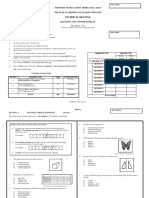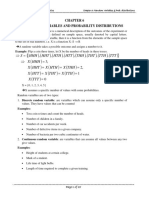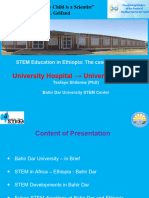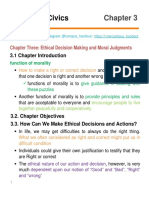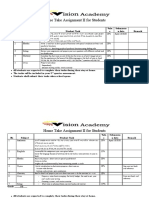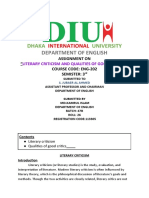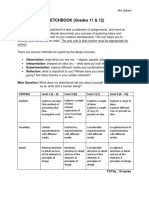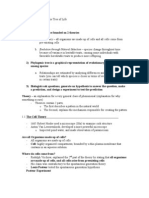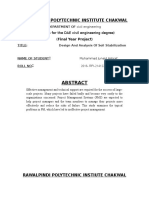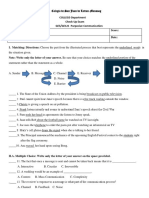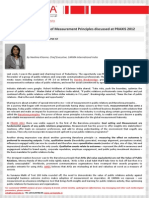0% found this document useful (0 votes)
254 views7 pagesThe Four Pillars of Learning
The document outlines three aspects of successful intelligence: analytical intelligence involves thinking logically and systematically; creative intelligence involves thinking in novel and imaginative ways; and practical intelligence involves thinking sensibly with wisdom and common sense to solve real-world problems. Successful intelligence values all three styles of thinking rather than just analytical thinking, which is typically overemphasized in schools.
Uploaded by
Anonymous sYlElNGrMQCopyright
© © All Rights Reserved
We take content rights seriously. If you suspect this is your content, claim it here.
Available Formats
Download as DOCX, PDF, TXT or read online on Scribd
0% found this document useful (0 votes)
254 views7 pagesThe Four Pillars of Learning
The document outlines three aspects of successful intelligence: analytical intelligence involves thinking logically and systematically; creative intelligence involves thinking in novel and imaginative ways; and practical intelligence involves thinking sensibly with wisdom and common sense to solve real-world problems. Successful intelligence values all three styles of thinking rather than just analytical thinking, which is typically overemphasized in schools.
Uploaded by
Anonymous sYlElNGrMQCopyright
© © All Rights Reserved
We take content rights seriously. If you suspect this is your content, claim it here.
Available Formats
Download as DOCX, PDF, TXT or read online on Scribd
/ 7




